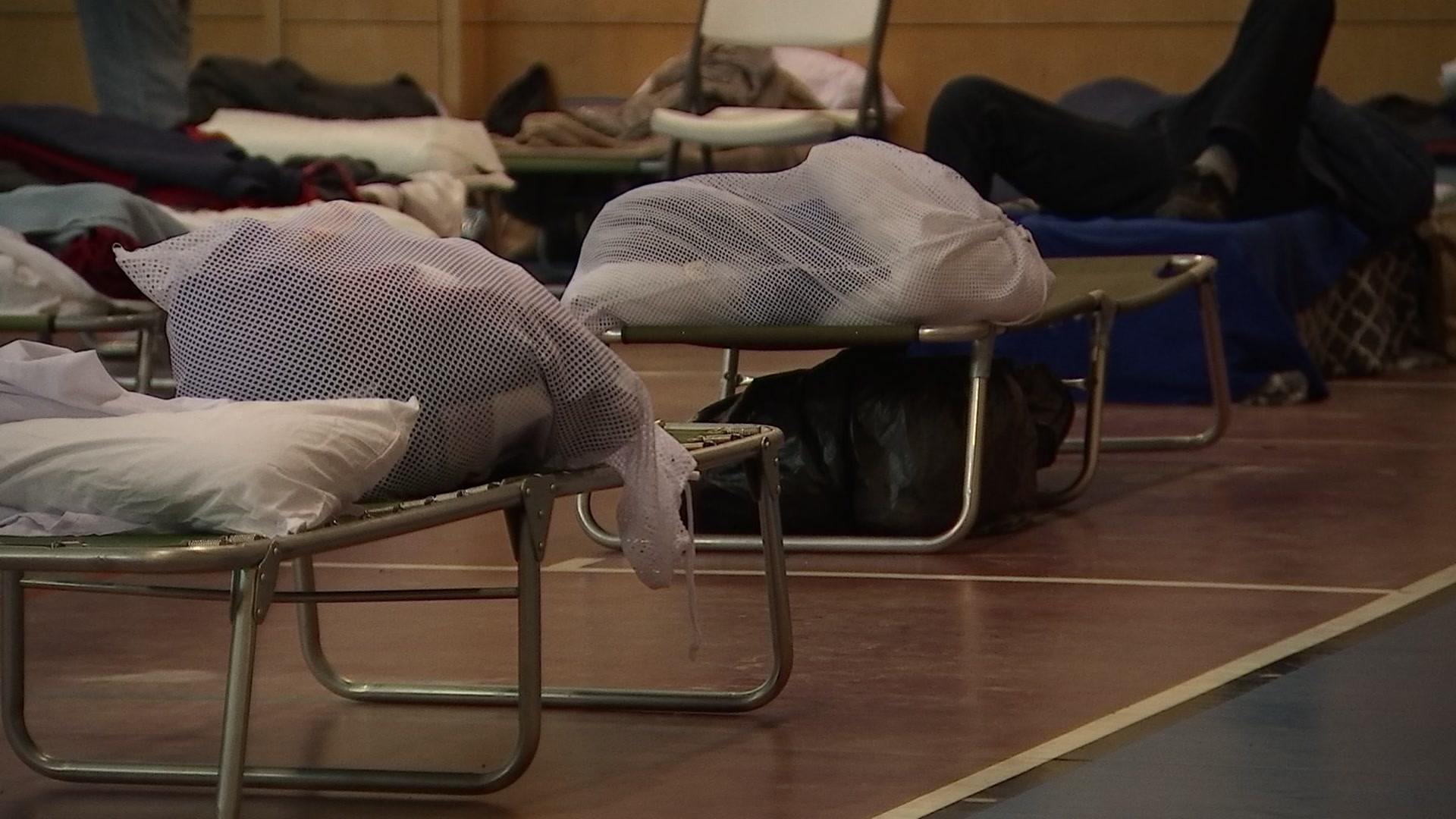Election Results Pages:
By County: Collin | Dallas | Denton | Tarrant
State Constitutional Amendments: Props 1-8
All Races: An alphabetized list of all races
Eight proposed amendments to the Texas constitution, including some that are direct responses to the COVID-19 pandemic, all appear likely to pass.
Get top local stories in DFW delivered to you every morning. >Sign up for NBC DFW's News Headlines newsletter.
The eight propositions (see them all listed below with results) appeared on the ballot as a result of language passed for the amendments by the Texas Legislature during the 87th legislative session this spring.
One proposal would ban the state from prohibiting or limiting religious services, while another would allow residents in assisted living facilities to name at least one essential caregiver to ensure they will have in-person visits regardless of infection and case rates of COVID-19 in the community.
"Most of them feel like pandemic era propositions," University of Texas government professor Zach Elkins said on the Lone Star Politics podcast. "There's always some randomness and some exotic and idiosyncratic proposals."
Local
The latest news from around North Texas.
Elkins added most of the propositions were written in plain language, a departure from previous years with constitutional amendments filled with difficult-to-understand jargon.
"What's strange about this year's crop is that not only a lot of them are in plain English and easy to understand," he said. "What's different also is that there are very few about taxes. You might remember the one from two years ago outlawing income tax and that brought a lot of people to the polls. I feel like these are a little less political, a little less controversial than they have been."
Elkins pointed to Proposition 1, which would allow charitable raffles at rodeo events, as an example. Voters approved a similar charitable raffle language for professional sports events in 2015. The proposition at the top of the ballot simply adds rodeos to the raffle mix too.
Elkins said the amendment is "correcting the record" to allow rodeos the same foundation opportunities afforded other professional sports teams in the state.
Only one of 17 amendments in the last three biannual elections was rejected by voters.
The propositions are listed below, along with the language with which they will appear on the ballot.
Proposition 1: "The constitutional amendment authorizing the professional sports team charitable foundations of organizations sanctioned by the Professional Rodeo Cowboys Association or the Women's Professional Rodeo Association to conduct charitable raffles at rodeo venues."
Proposition 2: "The constitutional amendment authorizing a county to finance the development or redevelopment of transportation or infrastructure in unproductive, underdeveloped, or blighted areas in the county."
As written, the Texas Constitution gives cities and towns the power to issue such bonds or notes, but counties are not granted similar authority.
Proposition 3: "The constitutional amendment to prohibit this state or a political subdivision of this state from prohibiting or limiting religious services of religious organizations."
At the beginning of the COVID-19 pandemic, executive orders issued by Texas Gov. Greg Abbott (R) limited the number of people who could be at most indoor public gatherings, including religious services. Under this proposed amendment, religious organizations would be exempt from any orders, proclamations or rules that limit capacity.
"If it's gone through two-thirds of both houses, these things are highly consensual things and people can't imagine restricting religious liberty these days, so I think that's going to pass quite easily," Elkins said.
Proposition 4: "The constitutional amendment changing the eligibility requirements for a justice of the supreme court, a judge of the court of criminal appeals, a justice of a court of appeals, and a district judge."
The eligibility requirements the amendment would add, among other things, that a person is licensed to practice law in Texas and that they live in Texas at the time of election. The amendment would also change requirements to be eligible to be appointed to a position.
Proposition 5: "The constitutional amendment providing additional powers to the State Commission on Judicial Conduct with respect to candidates for judicial office."
The State Commission on Judicial Conduct can only accept complaints or reports on people who hold judicial office. Proposition 5 would expand that oversight to includes candidates for judicial office.
Proposition 6: "The constitutional amendment establishing a right for residents of certain facilities to designate an essential caregiver for in-person visitation."
During the height of the COVID-19 pandemic, many people who live in assisted living or nursing facilities were barred from having visitors of any kind for months. Proposition 6 would allow a family to designate one caregiver who could not be prohibited from visiting the facility.
"Everybody's on board with that. There have been some constraints with elderly, and again this partly a pandemic thing, access to the elderly and some actually dying without seeing their closest friends and relatives at the end," Elkins said. "The idea that a designated caregiver wouldn't be able to get in to see somebody in one of these facilities just strikes people as heartless."
Proposition 7: "The constitutional amendment to allow the surviving spouse of a person who is disabled to receive a limitation on the school district ad valorem taxes on the spouse's residence homestead if the spouse is 55 years of age or older at the time of the person's death."
Proposition 8: "The constitutional amendment authorizing the legislature to provide for an exemption from ad valorem taxation of all or part of the market value of the residence homestead of the surviving spouse of a member of the armed services of the United States who is killed or fatally injured in the line of duty."
According to the Texas Secretary of State's office, the constitution as written "provides a property tax exemption to the surviving spouse of a member of the armed services who is killed in action, but the current exemption does not include members of the military who die during their service due to injuries sustained that are not combat-related."
Click here to listen to the latest episode of the Lone Star Politics Podcast.
Get updates on what's happening in North Texas to your inbox. Sign up for our News Headlines newsletter.



